Les missions de l’UE dans le monde sous le feu de la critique
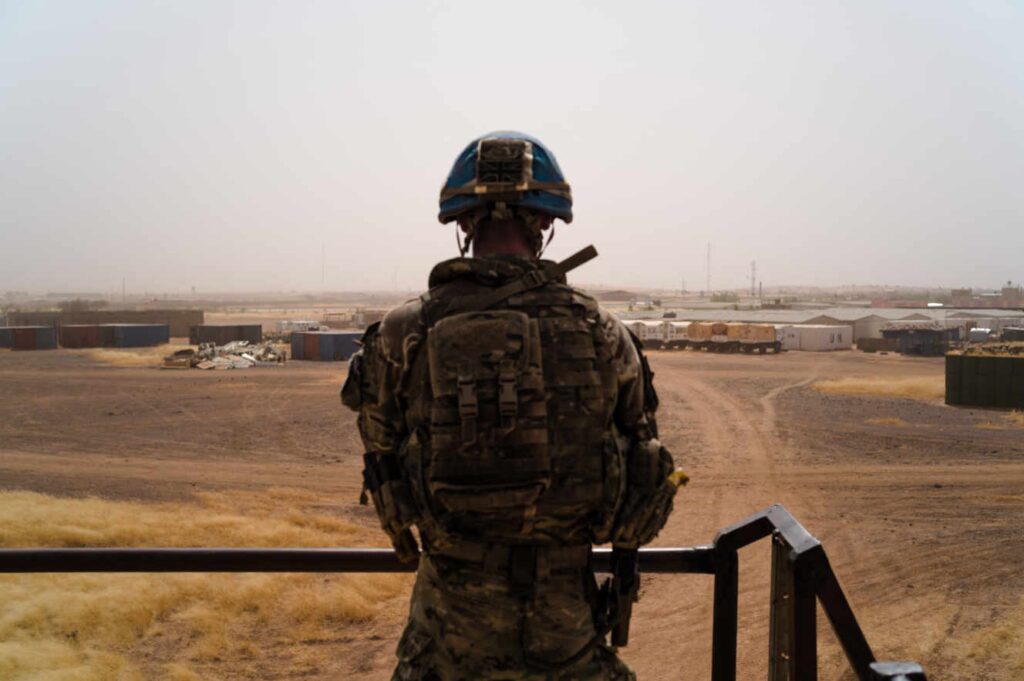
L’efficacité et la gestion de plusieurs initiatives de sécurité et de défense commune sont mises en cause, alors que sont discutées de nouvelles missions militaires en Afrique.

L’efficacité et la gestion de plusieurs initiatives de sécurité et de défense commune sont mises en cause, alors que sont discutées de nouvelles missions militaires en Afrique.
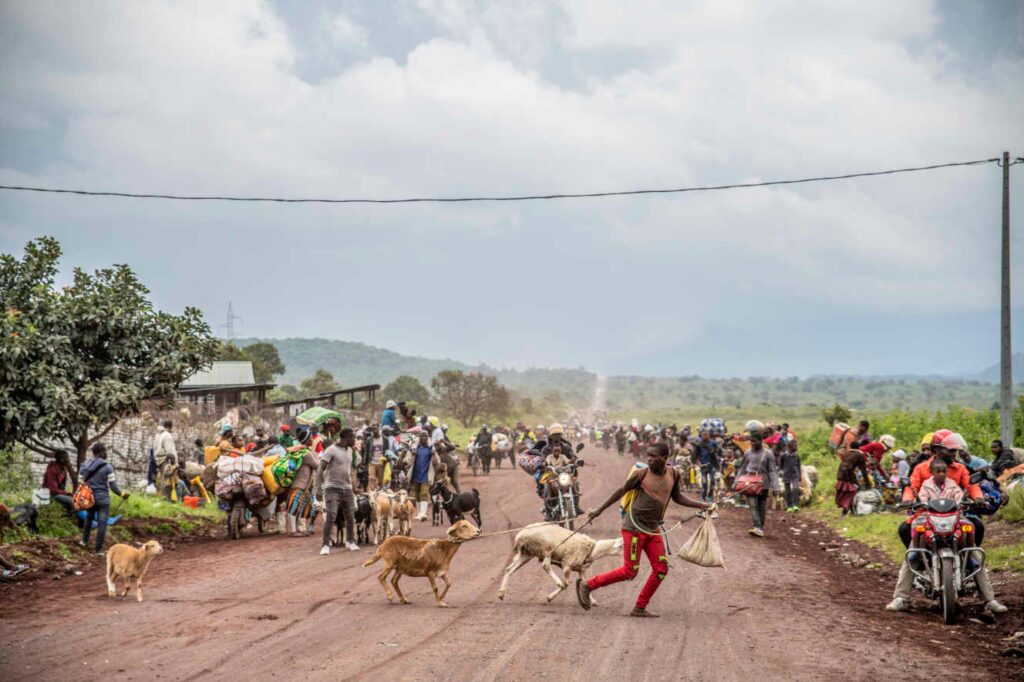
Au moins 160 000 personnes ont fui les combats dans le Nord-Kivu. Une tentative de médiation entre Kinshasa et Kigali doit se tenir, le 6 juillet, à Luanda.
Les coups de feu l’ont réveillé en pleine nuit. Dans son village de Buhumba, situé dans la province du Nord-Kivu, l’armée congolaise faisait face, fin mai, aux insurgés du Mouvement du 23-Mars (M23). « Au matin, les soldats avaient disparu. Il ne restait plus que les rebelles. Je suis parti immédiatement », raconte Harerimana, debout au milieu de nattes étalées sur le sol en guise de lit.
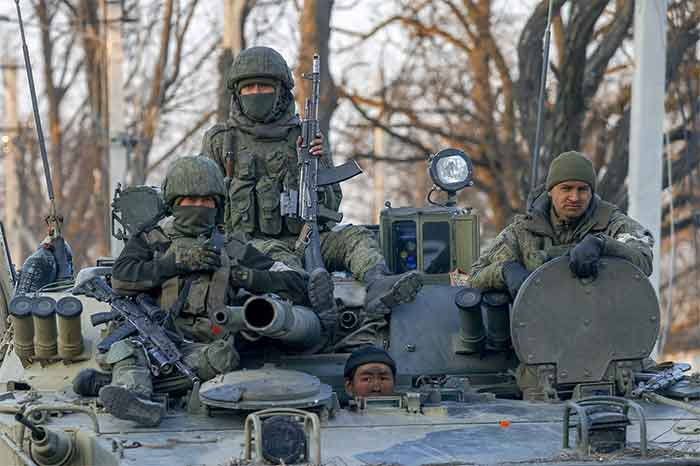
A number of U.S. veterans are reportedly training Ukrainian soldiers near the frontlines of the Russia-Ukraine conflict, said the New York Times in an article — In Ukraine, U.S. Veterans Step In Where the Military Will Not — on July 3, 2022, Sunday (https://www.nytimes.com/2022/07/03/us/politics/american-combat-volunteers-ukraine.html).

Why does war persist?
War was always madness, always immoral, always the cause of unspeakable suffering, economic waste and widespread destruction, and always a source of poverty, hate, barbarism and endless cycles of revenge and counter-revenge. It has always been a crime for soldiers to kill people, just as it is a crime for murderers in civil society to kill people. No flag ha ever been wide enough to cover up atrocities.
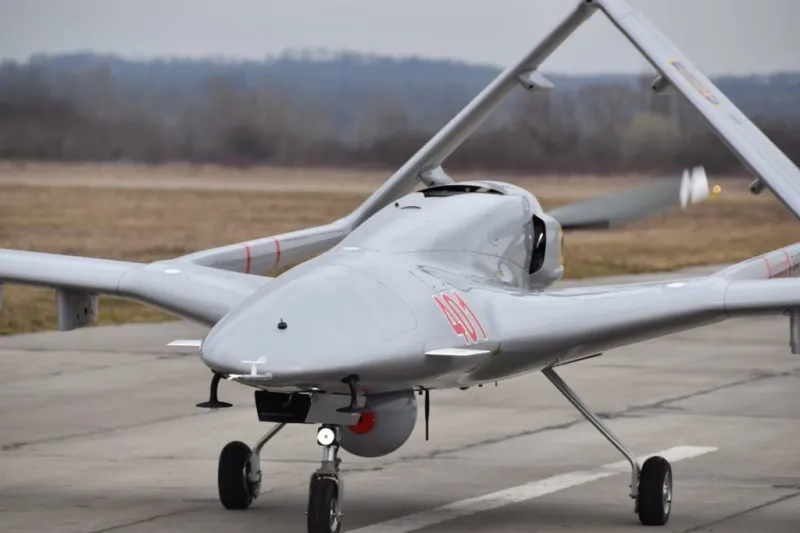
Turkish defense firm and drone maker Baykar has donated three Bayraktar TB2 drones to the Ukrainian Armed Forces. A crowdfunding project was initially going to buy these crewless aerial vehicles (UAVs). However, in the spirit of camaraderie, they decided to give the three drones free.

Over the past decade, global economic prospects have been penalized by the fall of world trade, investment and migration, coupled with the unwarranted suffering of over 100 million globally displaced. It’s a prologue to an untenable future.
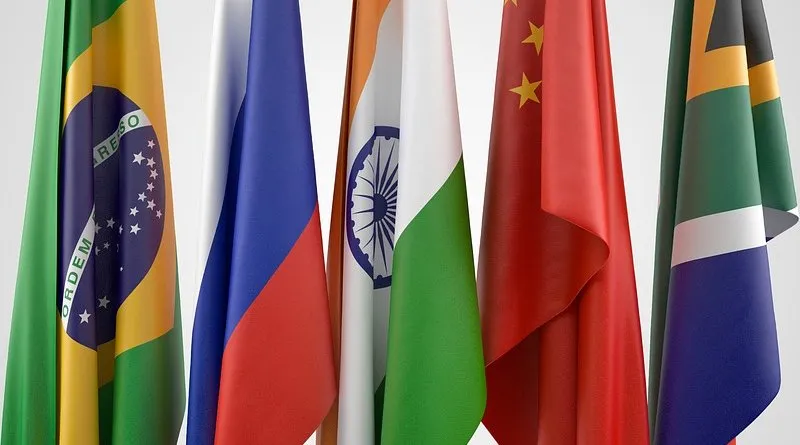
When the inaugural BRIC summit took place in 2009, it was a moment of relative triumph for its members. While the West dealt with the worst financial crisis since the Great Depression, BRIC countries — Brazil, Russia, India and China — enjoyed temporary shelter from the turmoil. When South Africa joined the bloc in 2010, the BRICS agenda expanded beyond economic cooperation and now includes a wide array of global governance issues, including security.

What is at stake in the Security Council?
The UN Security Council is set to vote soon on the renewal of a mandate that allows UN agencies to deliver aid to rebel-held Idlib in north-western Syria via a border crossing with Türkiye without asking for approval from the government in Damascus. The UN calculates that nearly two and a half million people rely on this lifeline for food and other essential supplies. Yet the arrangement is contentious. Since 2019, Russia, the Syrian regime’s ally, has aimed to curtail the mandate, arguing that the UN should work with Damascus on aid deliveries out of respect for Syria’s sovereignty.

The pieces are aligning ahead of Biden’s trip to the Middle East next week — almost too neatly. But will it create or shatter stability?
Next week President Biden is headed to Saudi Arabia — which he once promised to treat like a “pariah” — reportedly intent on discussing broad security guarantees with the Kingdom, including an air defense umbrella. Unfortunately, the administration’s proposal will deepen U.S. entanglement in the Middle East and further strain Iran nuclear negotiations.
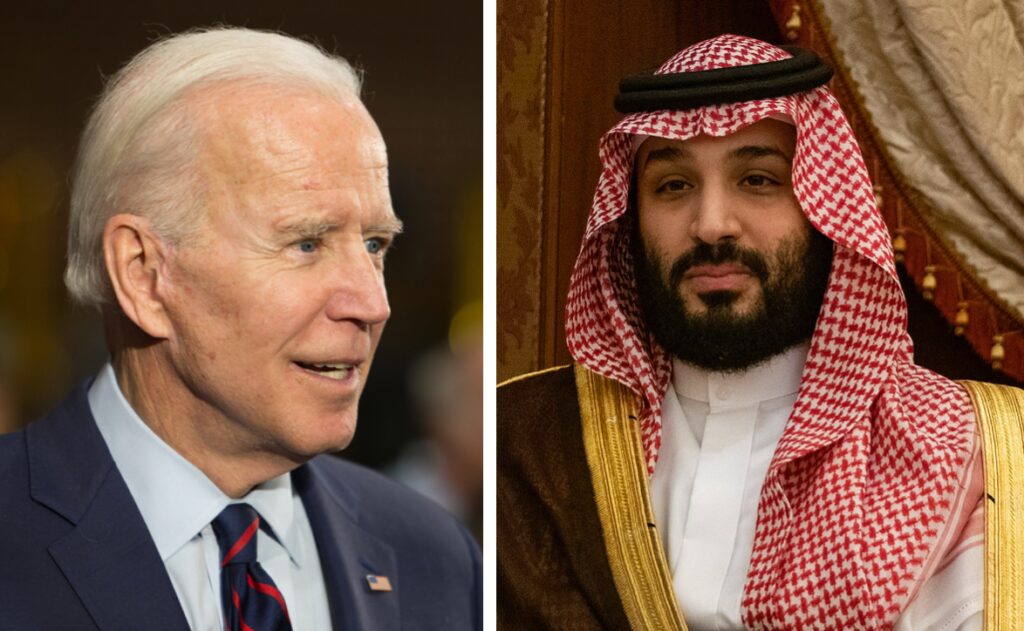
There is no legitimate case for Washington making new security commitments and assuming additional costs on behalf of Saudi Arabia and Israel.
There is increasing talk about the United States getting more deeply committed to anti-Iran security arrangements on the side of Arab states of the Persian Gulf, especially Saudi Arabia, and Israel.